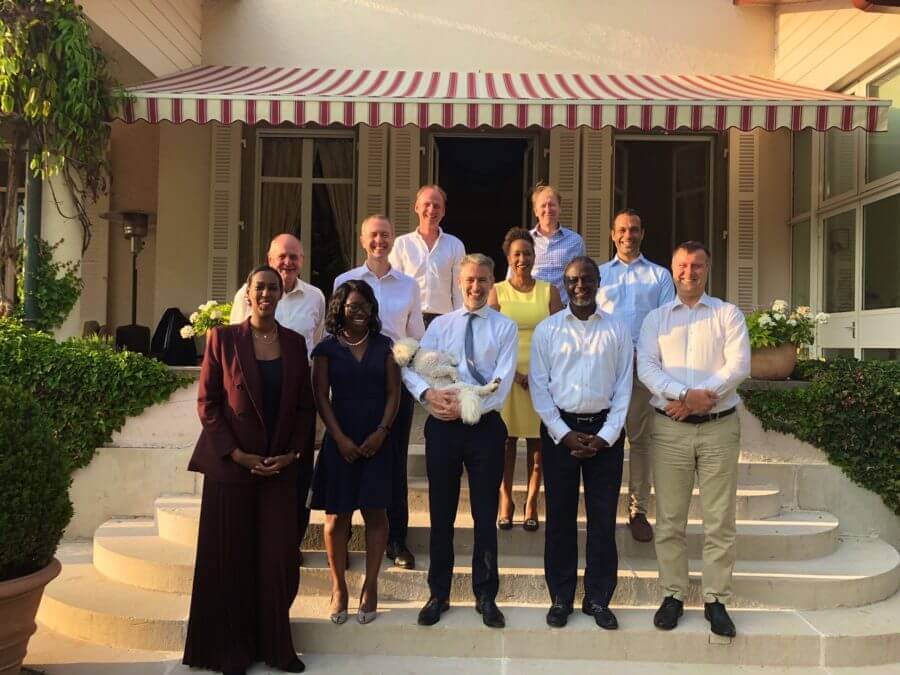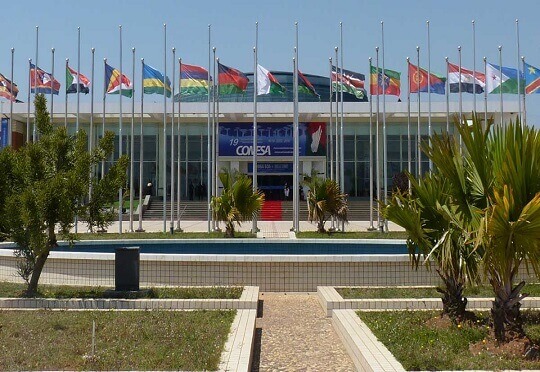Leading East African planning, design, architecture and engineering team FBW Group is playing its part in the drive to transform the region’s logistics sector and boost trade opportunities. FBW is part of a consortium currently carrying out feasibility studies centred on the creation of special ‘trade and logistics clusters’ near borders and points of entry in countries across East Africa. Aid-for-trade organisation TradeMark Africa (TMA), funded by UK AID and other donors, is behind the strategy to create special industrial parks and export processing zones to attract investors and boost trade, stimulate growth and create more jobs and better jobs. It is looking to invest $400m to create a million new jobs by 2022 by reducing trade costs by 10 per cent and increasing exports by 25 per cent. FBW Group has operations in Uganda, Kenya, Rwanda and Tanzania, and a team of more than 30 professionals delivering high value construction and development projects in the region. It is part of a consortium led by international development consulting company IPE Global that is currently studying possible logistics cluster sites across a number of locations. FBW’s role is to examine the ‘buildability’ of sites and to undertake physical assessments to assess their potential and viability. Moving forward, the group will be involved in master planning schemes that are being taken forward and the preparation of designs for contractor tenders. FBW Group managing director Paul Moores, based in Kampala, said: “We’re delighted to be playing our part in this truly transformation project...
FBW Group backs plans for trade in East Africa
Posted on: July 17, 2019
Posted on: July 17, 2019


















